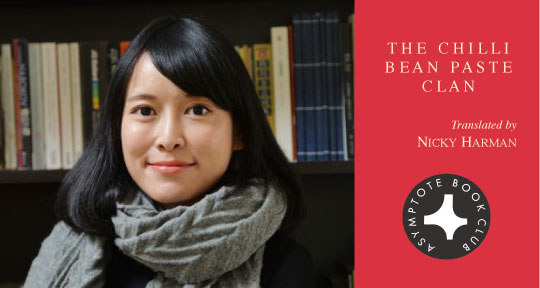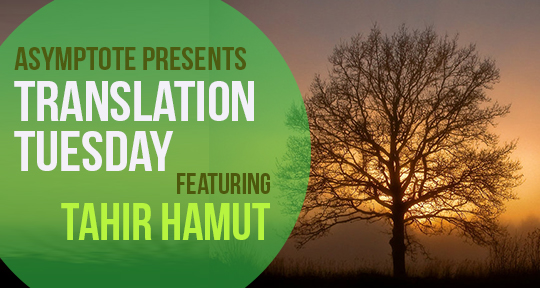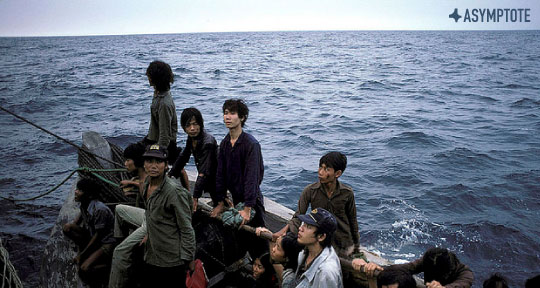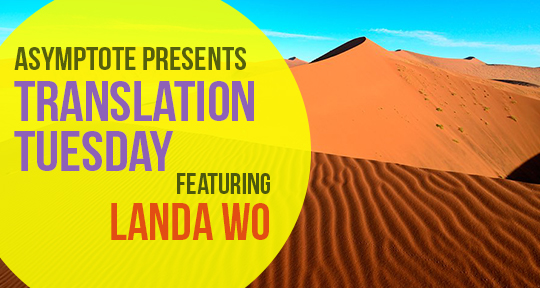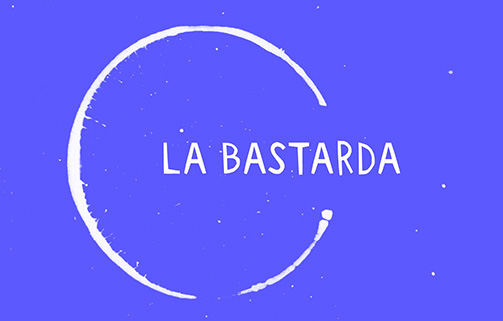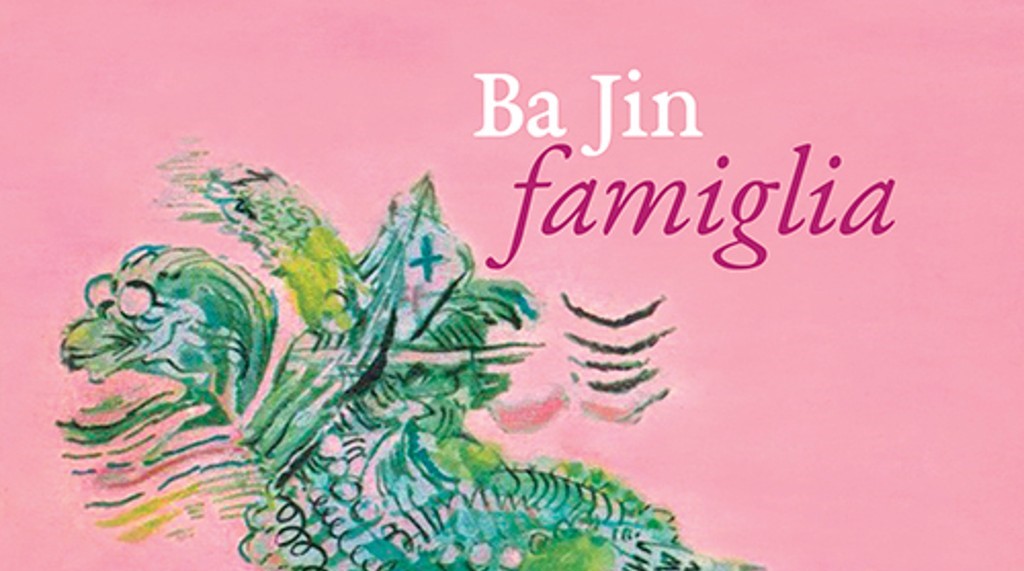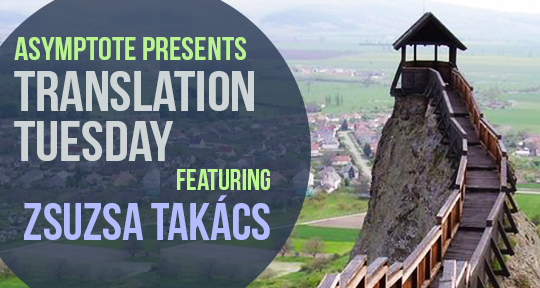Selling books can be a form of political activism. That’s according to Ketty Valêncio, who founded the initiative Livraria Africanidades, a unique bookstore in São Paulo that only sells books that focus on and valorize black women.
Africanidades Bookstore began online in 2014 and opened its physical location in December 2017. The walls of its new home have murals created by black women artists and its bookshelves are lined with fiction, poetry, feminist theory, nonfiction, and even cookbooks, the vast majority of which are written by black authors from Brazil’s peripheries. The space carries the fruitful results and future promise of selling books by authors who reside on the margins of the Brazilian publishing scene—or who are excluded entirely from the traditional literary market.
Here, Ketty Valêncio tells Asymptote Editor-at-Large in Brazil, Lara Norgaard, some of the challenges for women of color in Brazilian publishing and the power of increasing visibility for writers of color, both in Portuguese and in translation.
Lara Norgaard (LN): How did you come up with the idea for the Africanidades Bookstore?
Ketty Valêncio (KV): The bookstore came about because of my struggle to understand myself as a black woman. I never felt that I fit in anywhere. And then I came across Afro-Brazilian literature, texts that have black characters as protagonists. I understood my blackness through literature, through these books written by black authors and also by a few white authors who place value on black characters. I came across these narratives and thought, wow, there are people writing about me, about who came before me, about my ancestors and my memories.


